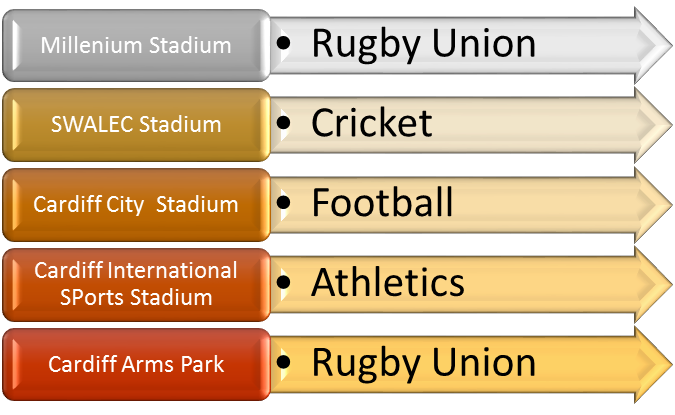Course Content
Overview of Service Management
- Define Service and Service Management
- Scope and Objective
- Service Management Lifecycle
- Principles of IT Service Management
- Benefits of Service Management
- Define Process and its characteristics
- RACI Model
- Service providers and its types
- Contracts and suppliers
Service Management Lifecycle
- Introduction to Service Lifecycle
- Elements of Lifecycle
- Link between different stages of the lifecycle
- Relation between Governance and ITSM
Service Strategy
- Introduction to Service Strategy
- Define Service Strategy Process
- Type of Services involved in the organisation
Service Strategy Concepts
- Service Utility and Warranty
- Service assets
- Value creation
- Factors influencing customer perception of value
- Service Packages
- Uses and Structure and of Business case
Service Strategy Process
- Define Process
- Define Demand Management
- Service Demand
- PBA and UP
- Service Portfolio components
- Service Portfolio Management
- Financial Management
- Managing business relations
Service Design
- Define Service Design
- Roles in Service Design
- Key concepts and terminologies used in Service Design
- Service Design process
- Service Catalogue Management
- Service Level Management
- Capacity Management
Service Transition
- Define Service Transition
- Configuration item
- Configuration Management System
Service Transition Process
- Overview and Objective of Service Transition Process
- Transition, Planning and Support
- Change Management and Change Model
Service Operations
- Overview
- Events
- Alerts and Incidents
- Service Operation Processes
- Event Management
- Event Management Process
- Event Logging and Filtering
- Manage Exceptional Events
- Incident Management
- Process Interfaces
- Problem Management
Service Management
- Key concepts
- Adopt and Adapt
- Costs and risks involved
- Guiding Principles
- Focus on value
- Design for experience
- Start where you are
- Work holistically
- Progress iteratively
- Observe directly
- Be transparent
- Collaborate
- Keep it simple
Service management approach
- Define Vision
- Current situation of organisation and objective
- Results or outcomes
- Maintaining good work
Change Management in organisation
- Define Change Management
- Resistance sources
- People transition
- Management of Stakeholders
- Management of sponsors
- Managing resistance
- Reinforcement
Metrics and Measurements
- Define Metrics and Measurements
- CSFs and KPIs
- Metric cascades and hierarchies
- Categories of Metric
Communication
- Introduction to communication
- Effects of poor communication
- Good communication and its benefits
- Principles of communication
- Types of communication

 ENQUIRE
ENQUIRE
 REQUEST CALLBACK
REQUEST CALLBACK
 GET A FREE QUOTE
GET A FREE QUOTE


 Introduction
Introduction Course Details
Course Details Course Content
Course Content





 London
London